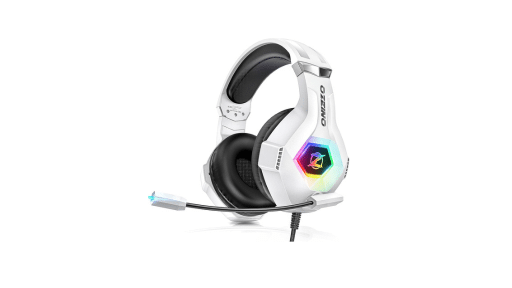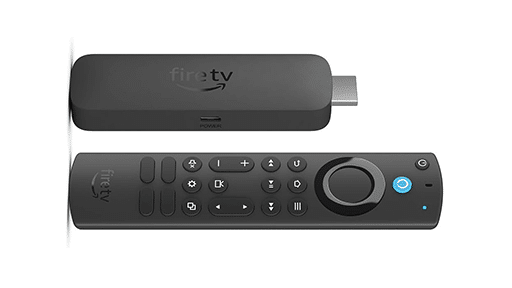
Capcom has reported its financial results for FY2025, covering the period ending March 31, 2025. The company achieved its highest net sales and operating income in history, driven by strong new releases and steady catalog performance. It marks Capcom’s 12th consecutive year of operating income growth and the 10th straight year with over 10% growth.
Net sales reached ¥169.6 billion, up 11.3% from the previous year. Operating income hit ¥65.8 billion, a 15.2% increase. Net income rose 11.7% to ¥48.5 billion. All business segments posted year-over-year growth, and Capcom has now recorded eight consecutive years of record-breaking results.
The company’s core digital contents business remained its largest segment, contributing ¥125.1 billion in net sales. Capcom attributed this to strong sales from new games like Monster Hunter Wilds and continued global interest in major franchises like Resident Evil, Street Fighter, and Devil May Cry.
Looking ahead, Capcom forecasts another year of growth in FY2026. The company expects ¥190 billion in net sales and ¥73 billion in operating income, maintaining its goal of consistent 10% profit growth year over year.
Let’s take a closer look at Capcom’s top-selling games shows how new releases and strong sales of older games powered this growth.
Capcom Sees Growth From Both New and Older Games
Monster Hunter Wilds was the standout performer for Capcom this year. Released in February 2025, it sold over 10 million units in its first month. That momentum helped push total software sales to 51.87 million units, up more than 5 million from the previous year.
Capcom’s strategy of supporting older games with discounts and re-releases also played a major role this year. Games like Resident Evil 4, Street Fighter 6, and Dragon’s Dogma 2 added strong follow-up sales. Thirteen separate games, including older releases like Devil May Cry 5, Resident Evil 7, and Monster Hunter Rise, each sold over one million units during FY2025.
Franchise totals reflect that ongoing interest. The Resident Evil series now sits at 170 million units sold, with Monster Hunter at 120 million. Street Fighter has reached 56 million, Mega Man 43 million, and Devil May Cry 33 million. Capcom says regular discounts and broad platform support, especially on PC, help keep older games selling years after release.
Digital sales accounted for roughly 85% of all unit sales, reinforcing Capcom’s shift away from physical media. The company continues to focus on maximizing global reach through strong PC support, digital discounts, and evergreen franchise visibility.

What’s Coming in FY2026
Capcom plans to continue its momentum with a mix of new games and franchise updates in FY2026. Its upcoming slate includes Capcom Fighting Collection 2 on May 16, Onimusha 2 Remaster on May 23, and two Nintendo Switch 2 releases—Street Fighter 6 and Kunitsu-Gami: Path of the Goddess—both launching June 5.
The company also confirmed additional games are in development but not yet announced. These unannounced titles are expected to contribute to Capcom’s goal of achieving a ninth consecutive year of record profit and over 10% operating income growth.
Capcom says its release strategy will again focus on a combination of new entries in major franchises and ongoing digital sales of past hits. It also plans to strengthen global PC support and expand long-term sales of existing games through pricing and promotions.
It’s clear, Capcom’s day-one support for Nintendo Switch 2 signals confidence in the platform’s potential.

Capcom’s Digital and Global Expansion Plans
Capcom’s growth strategy remains focused on digital distribution, global sales expansion, and long-term game support. In FY2025, around 85% of game sales came from digital downloads. That trend is expected to continue in FY2026, with an even stronger emphasis on PC and digital storefronts.
The company is investing in RE ENGINE improvements, centralized development operations in Japan, and a new building near its Osaka headquarters. These investments are designed to support long-term development and talent growth, while enabling faster multi-platform releases.

Capcom is also building its brand through anime, events, and esports. The Devil May Cry anime premiered on Netflix in April, and Capcom Cup 11 drew over 14,000 attendees and 10 million online views. The finals return to Japan next year at Ryogoku Kokugikan Arena for Capcom Cup 12.
New partnerships are also in place. Capcom is co-developing the mobile game Monster Hunter Outlanders with Tencent and plans to expand its arcade and merchandise business with 10 new stores.
The company’s “Single Content Multiple Usage” strategy continues to grow, combining games, licensing, and media into a broader entertainment roadmap. Capcom sees this as a way to keep major IPs relevant across markets and formats, while reaching new audiences.
With steady sales from older games, big new releases in place, and new platforms to support, Capcom is positioning itself for another record-breaking year.

A Strong Forecast Backed by Games, Not Just Numbers
Capcom’s financial momentum shows no signs of slowing down. With Monster Hunter Wilds off to a strong start, evergreen sales from older games, and a focused release schedule, the company is set up for another strong year.
Its continued investment in digital distribution, PC growth, and cross-media projects reflects a long-term approach built on stability and expansion. The upcoming support for Nintendo Switch 2, along with new arcade stores and global esports events, points to a company actively growing its audience in and beyond gaming.
Trusted franchises, steady sales, and consistent platform support have kept Capcom on a winning streak for over a decade. FY2026 may not reinvent that strategy—but if current trends continue, another record-breaking year seems well within reach.
As always, remember to follow us on our social media platforms (e.g., Threads, X (Twitter), Bluesky, YouTube, and Facebook) to stay up-to-date with the latest news. This website contains affiliate links. We may receive a commission when you click on these links and make a purchase, at no extra cost to you. We are an independent site, and the opinions expressed here are our own.









